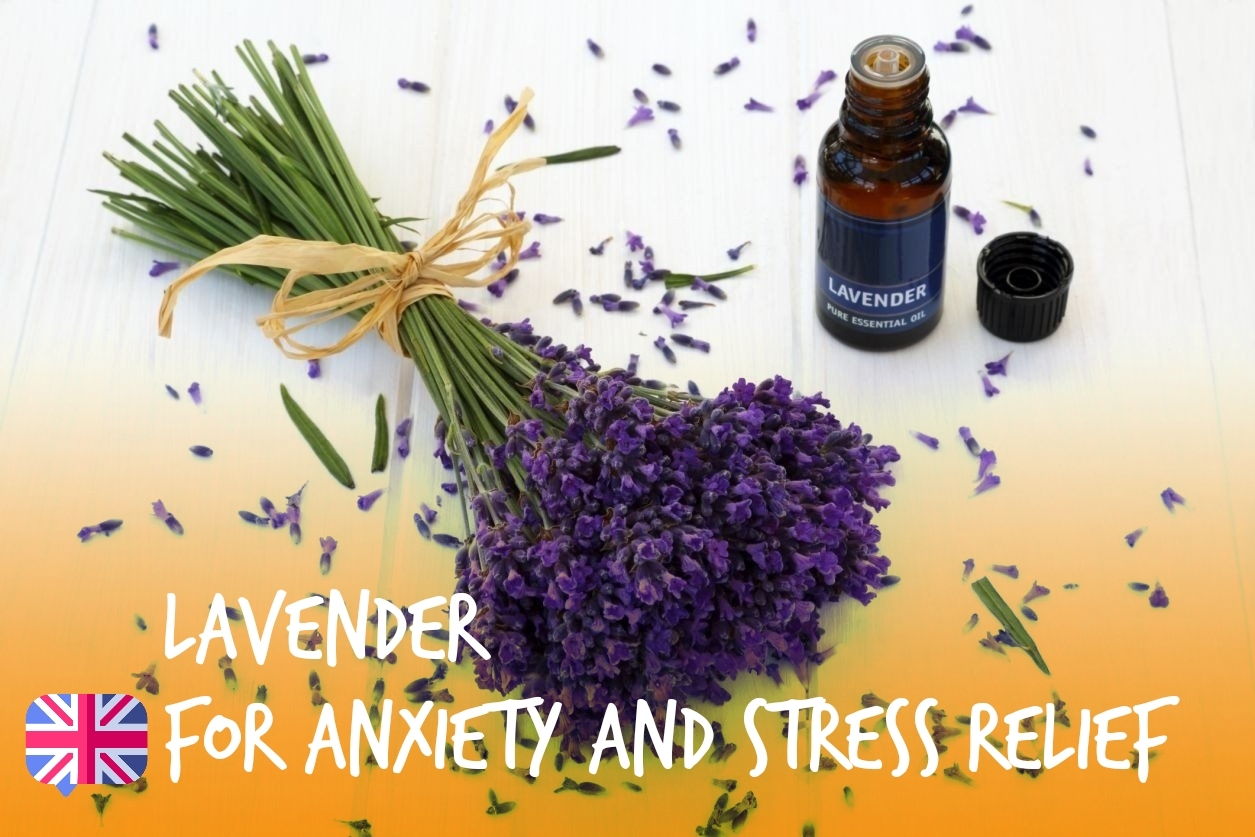HERB - Introduction to the Versatility and Benefits of Herbs
Ginger Health Benefits: A Comprehensive Guide to Alternative Treatments and Medicinal Uses
Ginger, a root spice known for its strong aroma and distinct flavor, has been widely used for its medicinal properties for centuries. With a long history of traditional use, it is not surprising that ginger has gained a reputation as a natural remedy for a range of ailments. In recent years, research has also provided evidence of its health benefits, supporting its use as an alternative treatment in modern medicine.
In this article, we will take a closer look at ginger’s health benefits, alternative treatments, medicinal uses, and how to use herbs effectively.
Ginger Health Benefits
Ginger has been widely recognized for its anti-inflammatory properties. Inflammation is the body’s natural response to injury or infection. While acute inflammation is essential for the body to heal, chronic inflammation can lead to various diseases, including arthritis, heart disease, and cancer. Ginger contains compounds called gingerols and shogaols that have been shown to reduce inflammation and may have potential therapeutic effects on these conditions.
In addition to its anti-inflammatory properties, ginger is also known for its anti-nausea and anti-vomiting effects. It has been found to be effective in reducing nausea and vomiting caused by chemotherapy, pregnancy, and motion sickness. Ginger’s ability to alleviate nausea and vomiting is thought to be due to its effects on the gastrointestinal system, where it reduces muscle spasms and increases the movement of food through the digestive tract.
Ginger has also been shown to have potential benefits for blood sugar control. In a study published in the Journal of Medicinal Food, participants with type 2 diabetes who consumed 2 grams of ginger powder daily for 12 weeks experienced a significant reduction in fasting blood sugar levels. Other studies have found that ginger may improve insulin sensitivity, making it a promising natural treatment for diabetes.
Furthermore, ginger has been shown to have antimicrobial properties and may have potential therapeutic effects against infections caused by bacteria and viruses. A study published in the International Journal of Food Microbiology found that ginger extract inhibited the growth of various strains of bacteria, including E. coli and Salmonella.
Alternative Treatments

Ginger is commonly used as an alternative treatment for various conditions, including nausea and vomiting, arthritis, and digestive problems.
For nausea and vomiting, ginger can be consumed in various forms, including ginger tea, ginger capsules, and ginger ale. Ginger tea is made by steeping fresh or dried ginger root in hot water. Ginger capsules are available in health food stores and can be taken as a supplement. Ginger ale is a carbonated beverage made with ginger extract and can be found in most grocery stores.
For arthritis, ginger can be applied topically as a ginger oil or cream. Ginger oil can be made by mixing ginger essential oil with a carrier oil, such as coconut or olive oil. Ginger cream can be made by mixing ginger powder with a carrier cream, such as aloe vera gel or coconut oil. These preparations can be applied directly to the affected joint for pain relief.
For digestive problems, ginger can be consumed in the form of ginger tea or capsules. Ginger tea can help relieve digestive symptoms, including bloating, gas, and constipation. Ginger capsules can be taken before meals to aid in digestion.
Medicinal Uses
Ginger has been used for centuries as a natural remedy for various ailments. In traditional Chinese medicine, ginger is used to treat digestive problems, respiratory infections, and menstrual cramps. In Ayurvedic medicine, ginger is used to treat inflammatory conditions, such as arthritis and asthma.
In modern medicine, ginger has been studied for its potential therapeutic effects on various conditions, including:
- Nausea and vomiting: Ginger has been found to be effective in reducing nausea and vomiting caused by chemotherapy, pregnancy, and motion sickness. It is often used as an alternative treatment for these conditions and is generally well-tolerated.
- Arthritis: Ginger has anti-inflammatory properties and may have potential therapeutic effects on arthritis. A study published in the Journal of Medicinal Food found that participants with osteoarthritis who consumed a ginger extract twice daily for six weeks experienced significant reductions in pain and stiffness.
- Diabetes: Ginger has been shown to have potential benefits for blood sugar control and may be a natural treatment for diabetes. A study published in the journal Planta Medica found that participants with type 2 diabetes who consumed ginger powder daily for 12 weeks experienced a significant reduction in HbA1c levels, a marker of long-term blood sugar control.
- Cancer: Ginger has been studied for its potential anticancer effects. A review of several studies published in the Journal of Nutrition found that ginger may have potential therapeutic effects on various types of cancer, including ovarian, colon, and breast cancer. However, more research is needed to fully understand the mechanisms behind ginger’s potential anticancer effects.
How to Use Herbs

Herbs, including ginger, can be used in various forms, including fresh, dried, powdered, and as a supplement.
Fresh ginger can be peeled and grated or sliced and added to recipes for flavor and health benefits. It can also be used to make ginger tea by steeping it in hot water.
Dried ginger can be used in the same ways as fresh ginger, but is more concentrated in flavor and can be stored for longer periods.
Ginger powder can be used in recipes for flavor and health benefits. It can also be consumed as a supplement in capsule form.
When using herbs for medicinal purposes, it is important to follow recommended dosages and consult with a healthcare professional if you are taking any medications or have underlying health conditions.
Conclusion
Ginger has been widely recognized for its health benefits and has been used as a natural remedy for various ailments for centuries. Research has provided evidence to support its use as an alternative treatment in modern medicine. Its anti-inflammatory properties, anti-nausea effects, and potential benefits for blood sugar control make it a promising natural treatment for various conditions. As with any natural remedy, it is important to use herbs safely and consult with a healthcare professional if you have any concerns or underlying health conditions.











